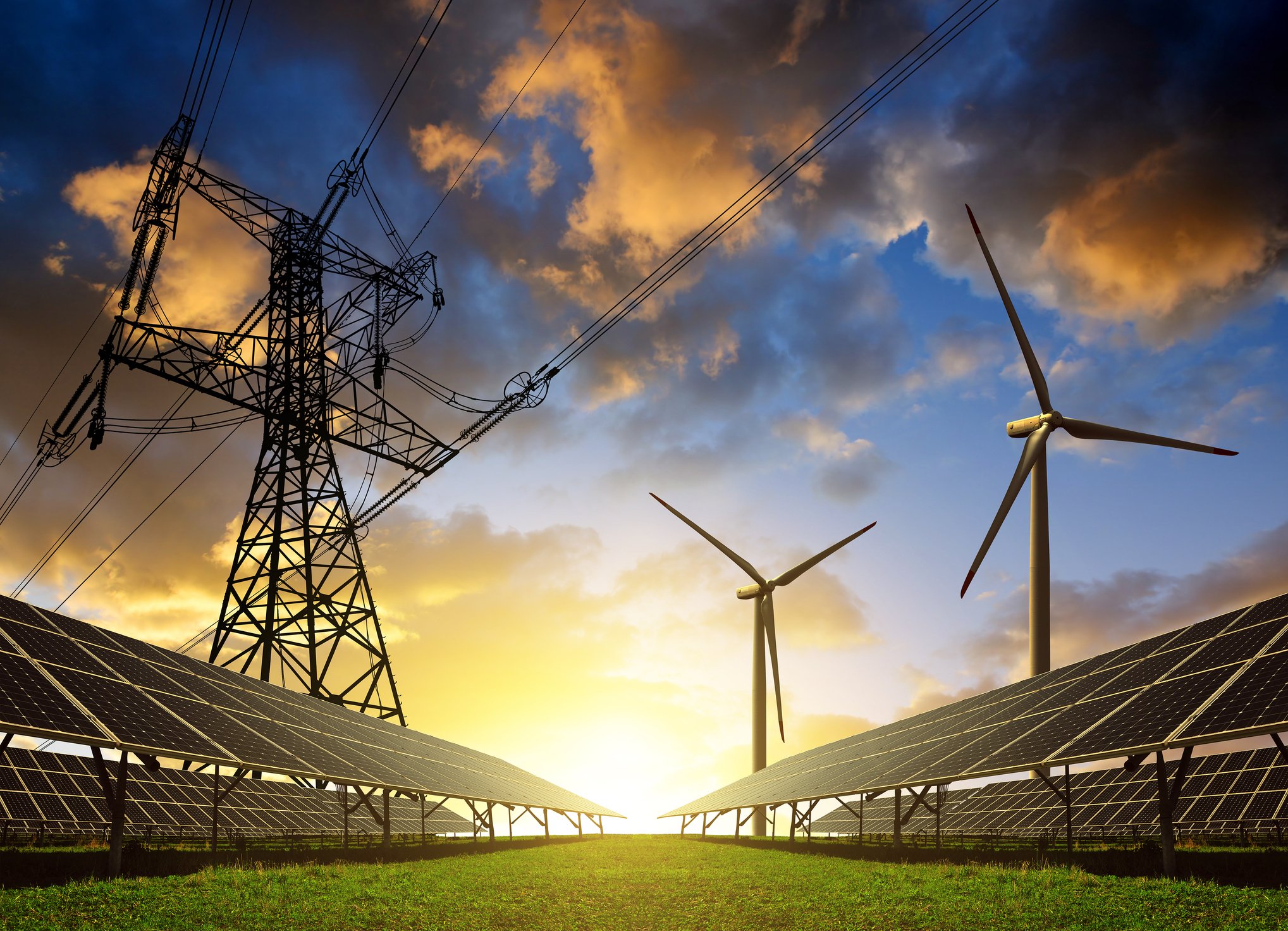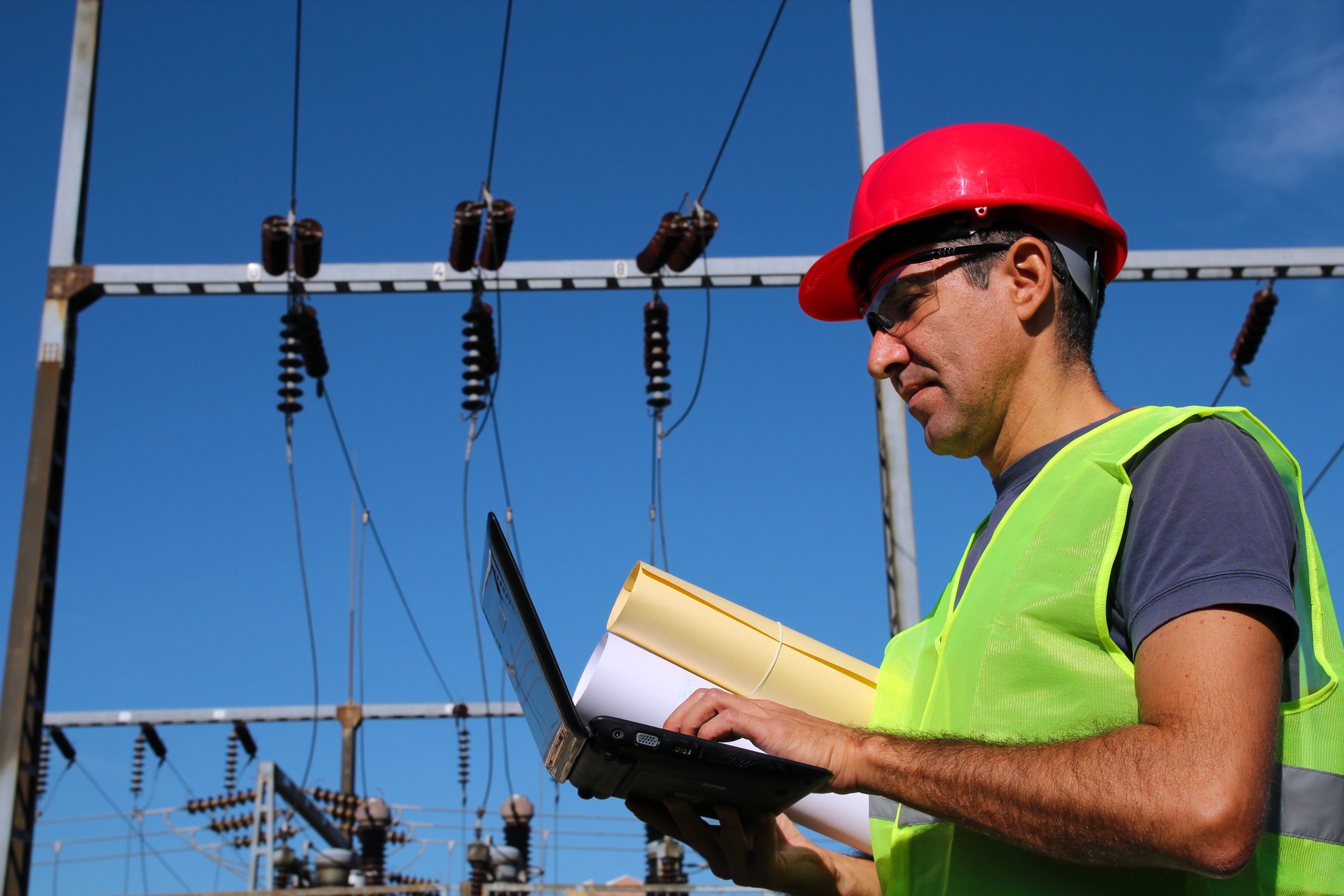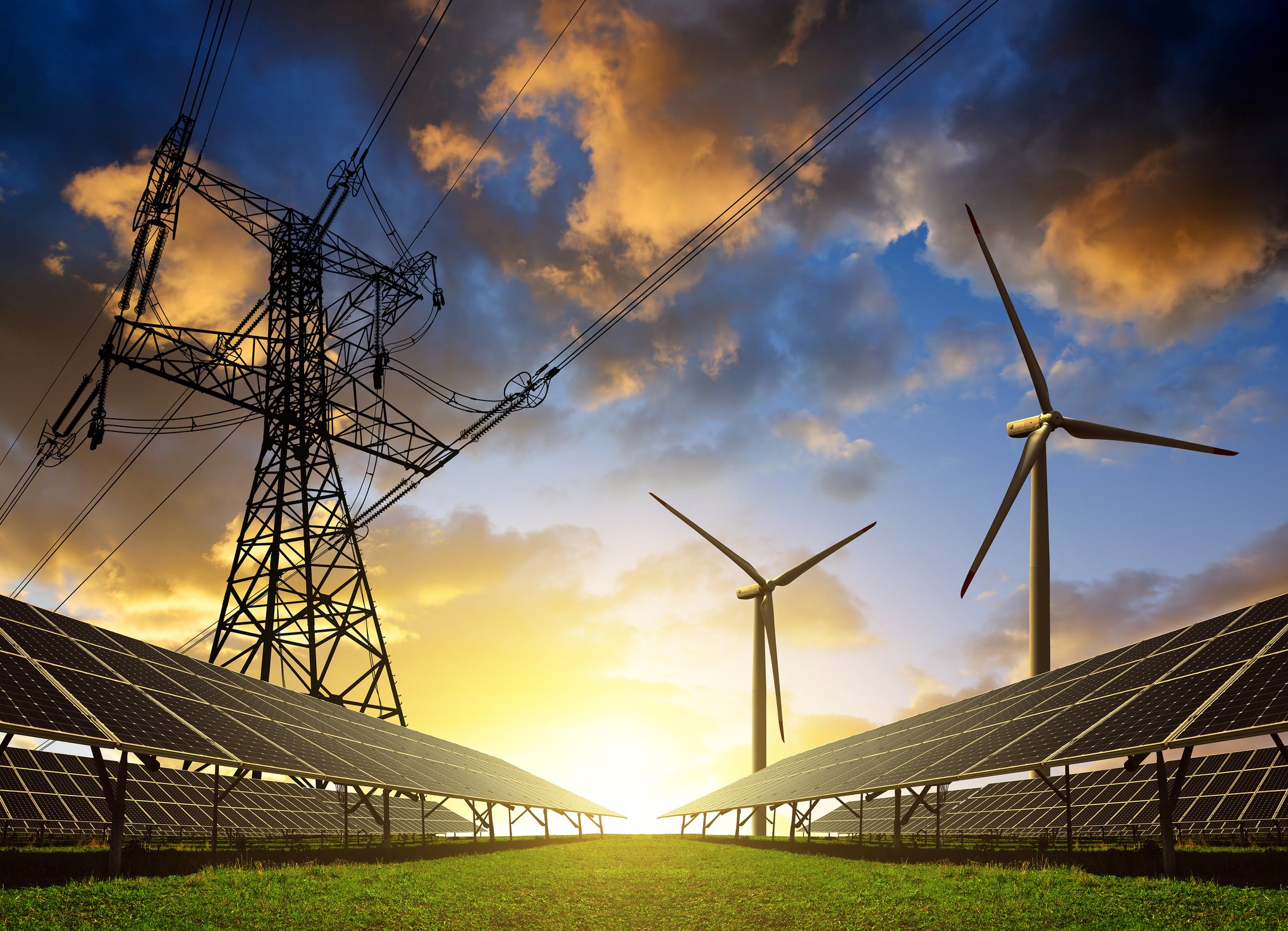The renewable energy market is growing at a scorching pace these days, driven by climate change fears and favorable government policies. That's allowing project developers to lock up renewable capacity under lucrative long-term contracts, which are generating enticing cash flow streams.
Many companies are choosing to return a significant portion of those renewable cash flow streams to investors, which are powering big-time dividends. Three that currently offer eye-catching yields are Atlantica Yield (ABY +0.00%), Covanta Holding (CVA +0.00%), and Pattern Energy Group (PEGI +0.00%).

Image source: Getty Images.
Global diversity and payout sustainability
Tyler Crowe (Atlantica Yield): I can sympathize with anyone who may not be super excited to invest in yieldcos as of late. What seemed like a great way to get exposure to owning alternative energy investments and get dividend payments in return. So far, these investments have not been as great as promised. Like other business models that have to pay for large projects up front in exchange for a long-term cash stream, yieldcos need access to cheap capital through both debt and equity, especially when they are getting started, when there is little internal cash flow to speak of.
Unfortunately, many of these yieldcos have yields that are so high, it makes the cost of equity capital too high for management teams to justify funding new development. When a company's only outlet for growth comes from the debt market, it becomes a recipe for disaster.
There are a couple of things that make Atlantica Yield -- formerly Abengoa Yield -- slightly different and make it more compelling than most other yieldcos. One that stands out immediately is that Atlantica's management deliberately targets its payout to be about 80% of cash available for distribution each quarter. By retaining some of that cash each quarter, it will slightly reduce the need for external capital from debt and allow the company to get slightly more favorable rates.
Also, Atlantica funds almost all of its projects with term debt rather than senior notes or corporate level debt. Term debt is similar to a car loan or mortgage where one pays interest and part of the principal each pay period, thus amortizing that debt over time and preventing the company from carrying debts on older assets beyond their useful lives. It also helps that Atlantica has contract terms with its customers that exceed the term of project debt, thus ensuring that it will have revenue from those assets throughout the life of the project.
These may sound like small tweaks compared to other yieldcos, but they go a long way in ensuring the long-term sustainability of the business. At a current distribution yield of 5%, Atlantica looks like an interesting yieldco worth investigating further.
Turning trash into cash
Sean O'Reilly (Covanta Holdings): Covanta Holdings shares are anything but garbage for any investor looking for a high-yield renewable energy stock. The company's primary business is the ownership and operation of waste-to-energy facilities. It also owns and operates waste transport and processing assets as well. Covanta's services are an environmentally friendly alternative to simply putting garbage in landfills, and also help municipalities generate power while disposing of waste. Covanta makes money by charging municipalities for the disposal of waste (20 million pounds of it last year), as well as from the sale of electricity generated from the company's facilities. Covanta even has the right to sell any and all metal recovered from the waste disposal process as well.
Covanta currently owns or has an ownership stake in 42 waste-to-energy facilities spread across the globe from the United States all the way to the Jiangsu province of China. These facilities made up over 70% of revenue in the second quarter, and the sale of electricity sold from the facilities came in at 18%. While the company did report a loss in Q2, this was primarily due to a $13 million debt extinguishment loss and increased income taxes.
Looking toward the future, Covanta's business will certainly see increased demand as the world moves more and more toward renewable energy sources and copes with rising populations (which bring with them more garbage). All of these factors, plus a 6.9% dividend yield, make Covanta a fantastic pick for any dividend-focused renewable energy investor.

Image source: Getty Images.
Picking up speed
Matt DiLallo (Pattern Energy Group Inc.): Wind power generator Pattern Energy currently operates 18 facilities across the U.S., Canada, and Chile. The company has contracted 91% of the expected electric production from these wind farms under long-term, fixed-price contracts that have an average life of 15 years. That provides the company with relatively stable cash flow, 80% of which it distributes to investors in a payout that currently yields 6.4%.
Not only does Pattern Energy offer a high current yield, but the company has increased its payout at a high rate over its short history. In fact, the company has raised its distribution 13 times since the inaugural one in 2014 and by 33.8% overall. More income increases appear to be on the way because the company has an extensive inventory of acquisitions to pull from thanks to its right of first refusal agreement with Pattern Development. Those identified dropdown opportunities total 962 MW of renewable power capacity and consist of additional wind farms in North America as well as solar facilities in Chile and Japan. Those projects help keep the company on pace to hit its target to own 5,000 MW of renewable capacity by 2020, which is roughly double its current portfolio.
While income investors will love Pattern Energy's rock-solid high-yield payout, that's only part of the story. Add in its compelling growth prospects and inexpensive valuation and Pattern is a top choice for investors seeking to cash in on the rapidly expanding renewable energy market.





